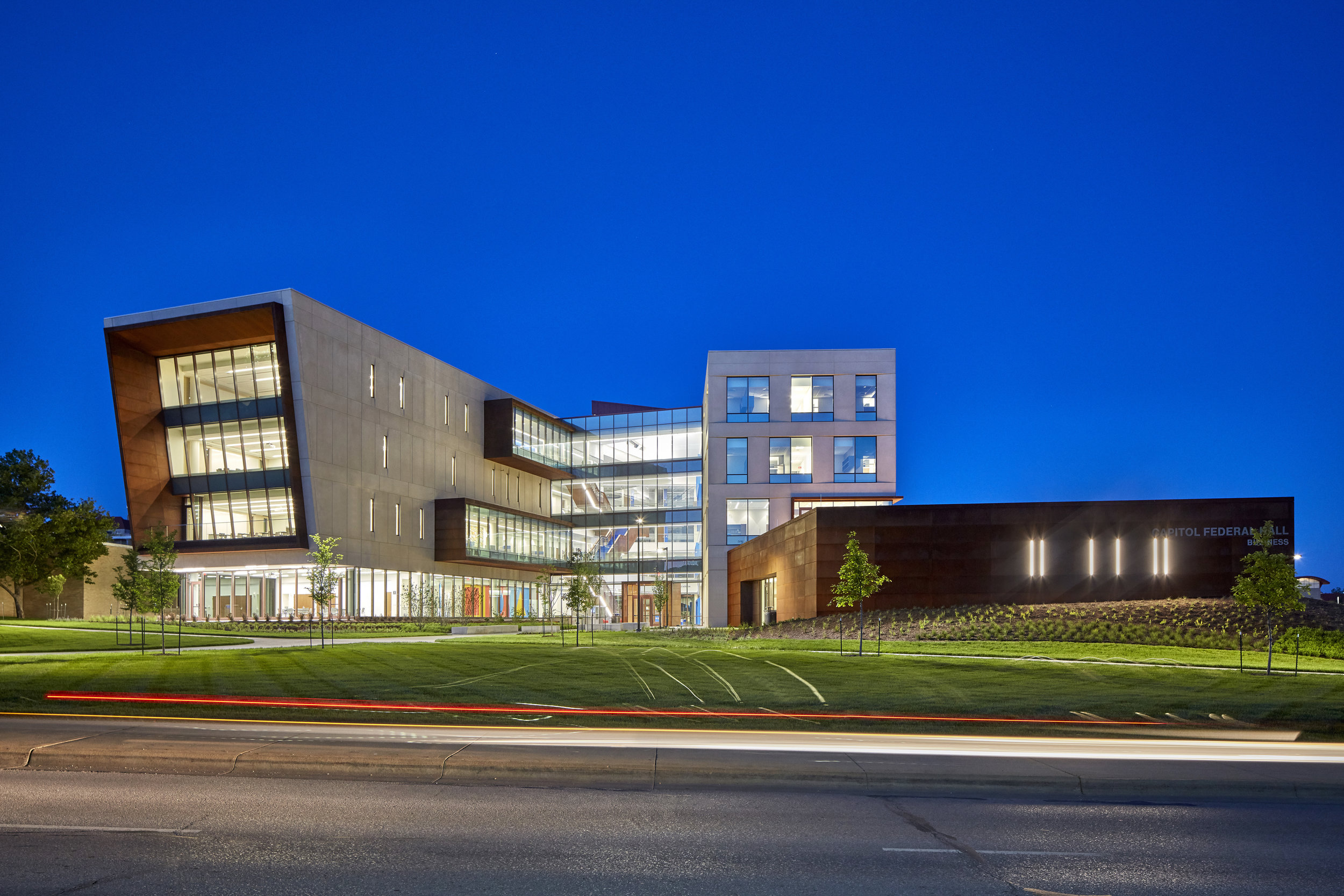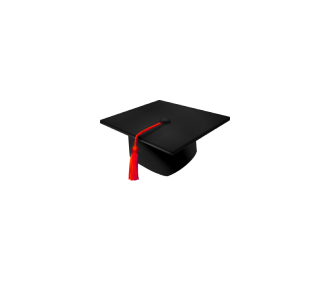
The University of Kansas is a major public comprehensive research and teaching university fully accredited by the North Central Association/Higher Learning Commission. KU offers the highest-quality academic programs (149 bachelor, 123 masters, 96 doctorate and professional degree programs, and 61 graduate certificate programs.) The academic programs are supported by 12 libraries and several museums, including art and natural history. Top national ranked programs in public administration, special education, occupational therapy, speech-language-pathology, education, petroleum engineering, and physical therapy provide outstanding undergraduate and graduate academic opportunities. Excellent programs are available in architecture, art, business, design, education, engineering (aerospace, architectural, bioengineering, chemical, civil, computer, computer science, electrical, environmental, engineering physics, engineering and project management, mechanical, and petroleum), health professions - including audiology, dietetics and nutrition, nurse anesthesia, and respiratory care, journalism, liberal arts (KU offers courses in over 40 languages), law, medicine, music, nursing, pharmacy (medicinal chemistry, pharmaceutical chemistry, pharmacology and toxicology) and social welfare. KU's aerospace engineering students have claimed many first, second and third-place aerospace design awards. The student population is 22% minority and comes from all 50 US states and 109 countries. The university has 2,900 faculty. The Applied English Center is fully accredited by the Commission on English Language Program Accreditation (CEA). The university provides a full range of student services, on-campus housing, and many part-time employment opportunities. There are endless opportunities at the university, tuition/fees and housing costs are reasonable, and an undergraduate, graduate, or professional degree from the University of Kansas is valued all over the world. Over the past several years the University has built several large buildings to support integrated learning and research. The new facilities include Engineering labs - Acoustic Reverberation Suite/ Anechoic Chamber; Biomaterials, Materials Characterization, Surface Characterization, Composite Materials Labs; Biofuels Research Suite; Engine Test Cell; Multi-use Innovation Labs and Greenhouse; Lutz Fracture & Fatigue, Sustainable Building Labs. Chemistry, Medicinal Chemistry, Physics, and Molecular Biosciences labs - low vibration area for materials and biology imaging work, fabrication clean room that will enable experiments on biomaterials and electronics, the University is home for NIH funded Center of Biotechnology. Geology and Petroleum Engineering labs - Shared PVT and Micro Imaging facilities; Fluid Inclusion Geochemistry and Microscopy; Digital Rock Physics and Petrophysics; Geospectroscopy; Microscopy; Isotope Geochemistry; Keck-NSF Paleoenvironmental and Environmental Stable Isotope; Advanced PVT; 3D Visualization ; Biogeochemistry; Reservoir Teaching; Machine Learning; Organic Geochemistry and Paleontology; Groundwater Contaminant Remediation. Film, TV, Media fields have new state of the arts facilities with two-story sound stage, recording studio, high tech computer editing and animation lab facilities. The University of Kansas Medical Center is one of only 26 universities in the U.S. to be recognized with national designation by the National Institutes of Health for our cancer center, Alzheimer's disease center, and clinical and translational science institute. The Medical Center has a major new teaching facility for Medicine, Nursing and Health Professions fields that includes 6 simulation patient rooms - operating, labor & delivery, post-operating, anesthesia care, intensive care, med-surge, and emergency.
